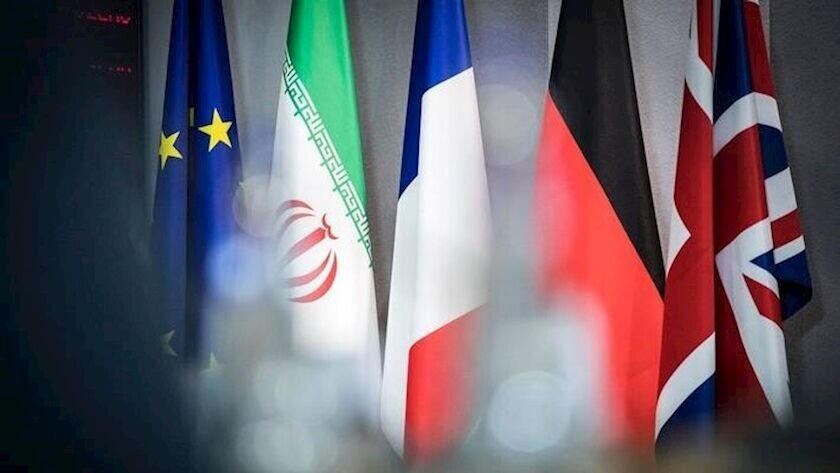Iran-Europe talks continue as 'snapback' threat hangs over JCPOA

TEHRAN – Iran ruled out any talks with the United States earlier this month, five years after Washington withdrew from the deal—two years in the making—it signed in 2015, and as President Donald Trump seems unlikely to change his hawkish track.
Tehran, however, is still engaging with European states on several issues, according to Iran’s Deputy Foreign Minister Majid Takht-e-Ravanchi.
“The Leader of the Islamic Revolution has defined the general framework of negotiations, which Iranian officials will follow,” the diplomat told Iraqi media. He indicated that both sides are willing to continue these talks, although he did not elaborate on their specific focus.
Since last year, multiple rounds of discussions have taken place in Geneva and New York, involving representatives from Iran, Germany, France, the UK, and the EU. Analysts believe the future of the JCPOA, under which Iran limited its nuclear activities in exchange for sanctions relief, is likely a central topic. Tehran, Washington, Paris, London, Berlin, Beijing, and Moscow were the original signatories to the agreement.
The sanctions Washington re-imposed against Iran following its withdrawal from the JCPOA prompted Iran to scale back some of its own commitments under the deal. However, more crucial than the potential restoration of the JCPOA is whether Iran will be forced to take more drastic measures, and that hinges on the decision Europeans have to make before October 18, the day the so-called snapback mechanism expires.
This mechanism, outlined in UN Resolution 2231, allows for the re-imposition of all UN sanctions on Iran if other JCPOA signatories deem the country to be in non-compliance. Notably, there is no comparable mechanism to ensure Western compliance with the agreement.
China and Russia have said the U.S. is to blame for the lame-duck state of the JCPOA, and they are therefore improbable to trigger snapback. Europe, however, has repeatedly used the potential invocation of the mechanism to threaten Iran, without addressing Washington’s or its own shunning of the nuclear pact.
Iran has informed European counterparts that it would consider withdrawing from the Non-Proliferation Treaty (NPT) should the "snapback" mechanism be invoked.
The date for the next Iran-European meeting has yet to be determined, Iranian Foreign Ministry Spokesman Esmail Baqaei stated on Monday.
Seyyed Jalal Sadatian, former Iranian envoy to the UK, stated in Iranian media that Europe's influence on the international stage is waning and advised it to avoid being further manipulated by the U.S.
"In Ukraine, Europe poured billions of dollars into military aid for Kyiv and was also forced to wean its economy off Russia. Now, both Europeans and Ukrainians are being excluded from peace talks," he told IRNA.
American and Russian officials convened in Riyadh on Tuesday to discuss the end of the Ukraine war. They reportedly did not allow Ukraine or any of the European trio to attend the talks, though Washington said they would be briefed later.
Sadatian added that he believes Europeans are mostly interested in resolving their issues with Iran, and will probably not blindly follow the U.S. regarding the JCPOA. "At least that's the logical thing to do, after everything that's happened to them [Europeans] in the past few years."
Leave a Comment